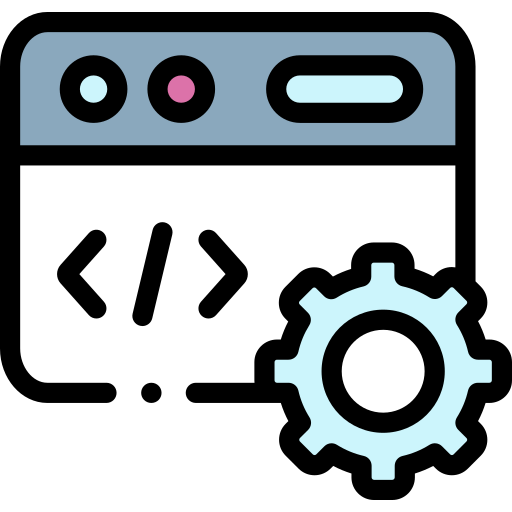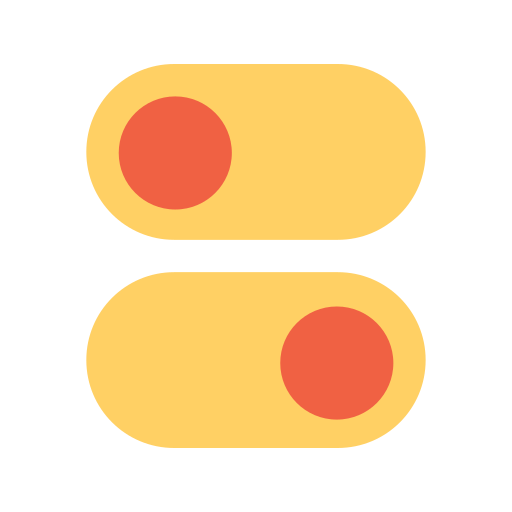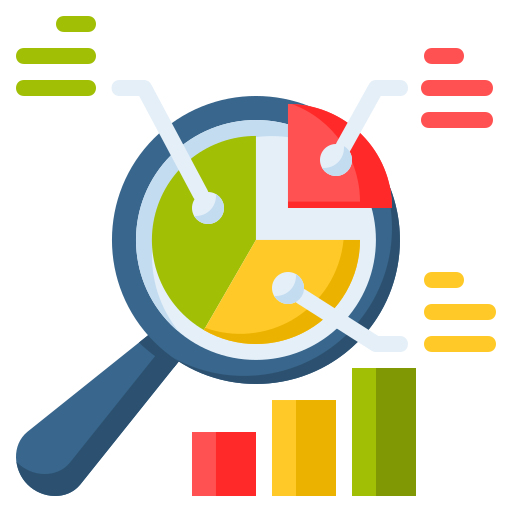
Your Exclusive Android App Developers to Hire Now!
Create own development team
Why to Choose Golden Eagle?
Android App Features That Enhance Our Development
Our Service Offerings
Top Android App Development Company

Android for Native Mobile Application Development
Android is an open-source mobile operating system, widely used for developing native mobile applications. Using Java or Kotlin along with Android Studio, developers can build high-performance apps that leverage Android’s vast API set and hardware features. Android apps run natively on smartphones, providing a smooth and responsive user experience, making it the ideal platform for creating apps tailored to Android devices.

Android for Customization and Flexibility
Android offers great flexibility and customization options, allowing developers to tailor applications to specific needs. With access to the open-source Android SDK, developers can modify and extend the Android framework to suit their requirements. Android’s flexible architecture also enables easy integration with third-party services, making it a powerful choice for apps with unique or complex functionalities.

Android for Wide Device Compatibility
One of Android's main strengths is its support for a wide range of devices, from smartphones to tablets, wearables, and even smart TVs. This broad compatibility allows developers to reach a diverse user base across different hardware configurations. With Android’s responsive design principles, apps can be optimized for various screen sizes and resolutions, ensuring a consistent experience across devices.

Android for Google Ecosystem Integration
Android integrates seamlessly with Google services and products, such as Google Maps, Firebase, and Google Play Services. This allows developers to enhance their applications with powerful features like real-time data sync, cloud storage, location services, and more. Android also benefits from the extensive reach of the Google Play Store, providing developers with a platform to distribute their apps to millions of users worldwide.
Projects We Undertake
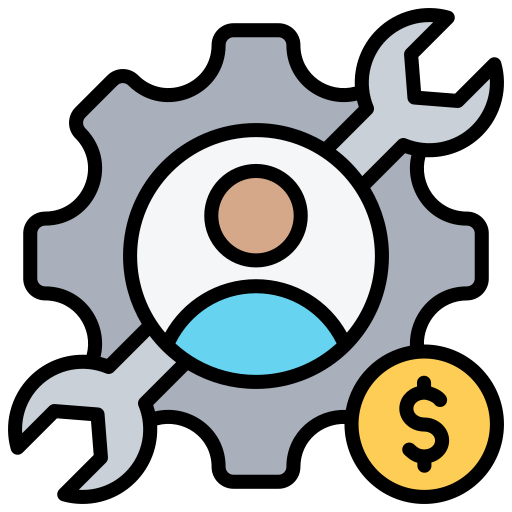
Fixed Cost Model
The Fixed Price Model is best suited for projects with well-defined requirements and a clear scope. The project cost, timeline, and deliverables are agreed upon upfront, providing clients with certainty and predictable outcomes. This model is efficient for smaller projects or those where the scope remains unchanged throughout. It is ideal for projects with minimal risks and where changes during the execution phase are unlikely.

Time & Material Model
The Time and Materials Model is designed for projects with flexible and evolving requirements. It allows clients to pay based on the actual time and resources consumed during the project. This model is effective for long-term or complex projects where the full scope may not be clearly defined from the outset. Clients gain the advantage of scalability and can make adjustments as needed during development, ensuring the final product meets evolving business needs.
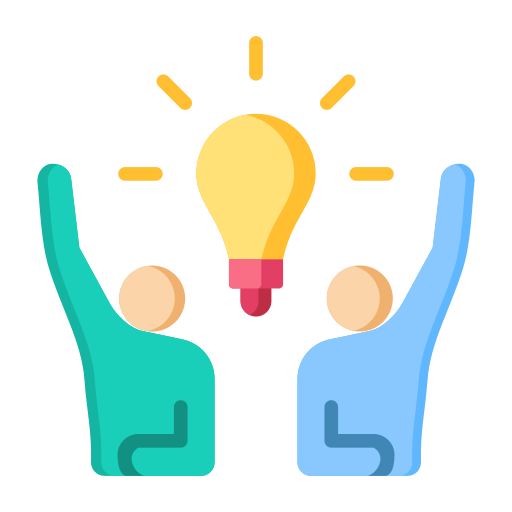
Dedicated Team Model
In the Dedicated Team Model, a team of skilled professionals is allocated exclusively to a client’s project for a predetermined period. This approach offers the flexibility to scale the team up or down based on the project’s demands. It provides clients with direct control over the development process and allows for quick adaptation to changing requirements. This model is ideal for long-term engagements, where collaboration, consistency, and focus are key to success.
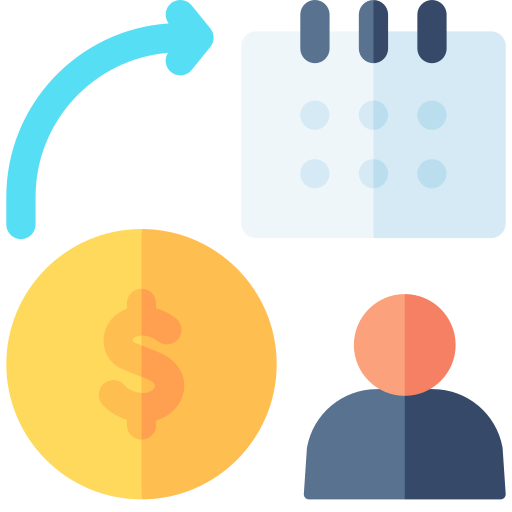
Milestone-Based Payment Model
The Milestone-Based Payment Model divides the project into distinct phases or milestones, with payments made after each phase’s successful completion. This approach ensures a structured timeline, reduces financial risk for both the client and the development team, and provides clients with measurable progress checkpoints. It is particularly useful for medium-sized projects, where deliverables are segmented into clearly defined stages with separate timelines and goals.
Get in Touch
We're just a message away, connect with us now

